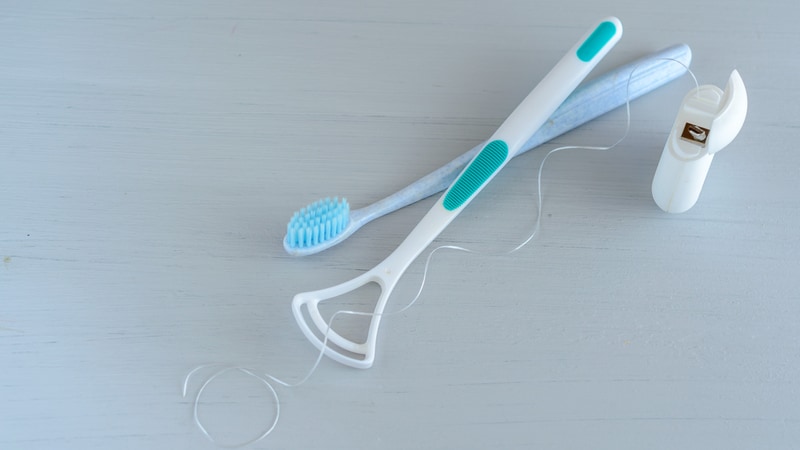Health: Nutrition and Oral Hygiene
Keeping your body and your mouth in good shape

Poor nutrition and a lack of certain key nutrients increase the risk of developing oral diseases, exposing the mouth to infection and periodontal disease (gum disease) with the potential for bone loss and tooth loss.
Approximately 50% of people have some form of gingivitis (inflammation of the gums), which often leads to periodontal disease. Recent studies have shown there is a direct link between periodontal disease and serious chronic conditions like heart disease and diabetes. In addition to periodontal disease, dietary deficiencies have been associated with oral health conditions like osteoporosis of the surrounding bone, loss of taste, halitosis (bad breath), and mouth and tongue sores. Deficiencies in vitamin C, iron and zinc could compromise the resistance of gum tissue to the bacteria in dental plaque.
A well-balanced diet helps to strengthen the immune system, promotes healing, helps prevent oral cancers, and contributes to healthy teeth and gums.
The Role of Nutrition in Oral Hygiene
Vitamins and minerals help the body combat bleeding and swollen gums, loosening of teeth, tooth decay and halitosis. They help form antibodies to boost the immune system, fight bacteria and infection, destroy foreign substances, and eliminate toxins. Consequently, vitamins and minerals share a symbiotic relationship. Therefore, vitamins cannot be used or absorbed without the presence of minerals. And minerals cannot be made by our bodies; so, we must ingest them through foods or supplements.
Signs of Dietary Deficiencies
Oral lesions (changes in the texture of the gums and lips and burning sensations in the tongue) are one of the most common signs of vitamin deficiencies. Unhealthy, bleeding gums may also be a sign of a vitamin or mineral deficiency. The lack of magnesium, zinc, copper, manganese, selenium, vitamin E or vitamin C can allow rapid destruction of cell membranes; this compromises the structural integrity of the cells, therefore leading to gingivitis and periodontal disease. Moreover, bleeding gums attract scavenging bacteria, and the bacterial digestion of blood creates unpleasant mouth odors. But, fortunately, this cycle can be prevented by proper oral hygiene and an adequate diet.
How to Optimize Oral Health
Practice good oral hygiene, for example, by brushing twice daily with fluoridated toothpaste; floss once a day; see a dental health professional regularly; avoid sugary beverages; drink plenty of water; and eat a well-balanced diet.
Reprinted with permission from Environmental Nutrition, a monthly publication of Belvoir Media Group, LLC. 800-829-5384. www.EnvironmentalNutrition.com.


